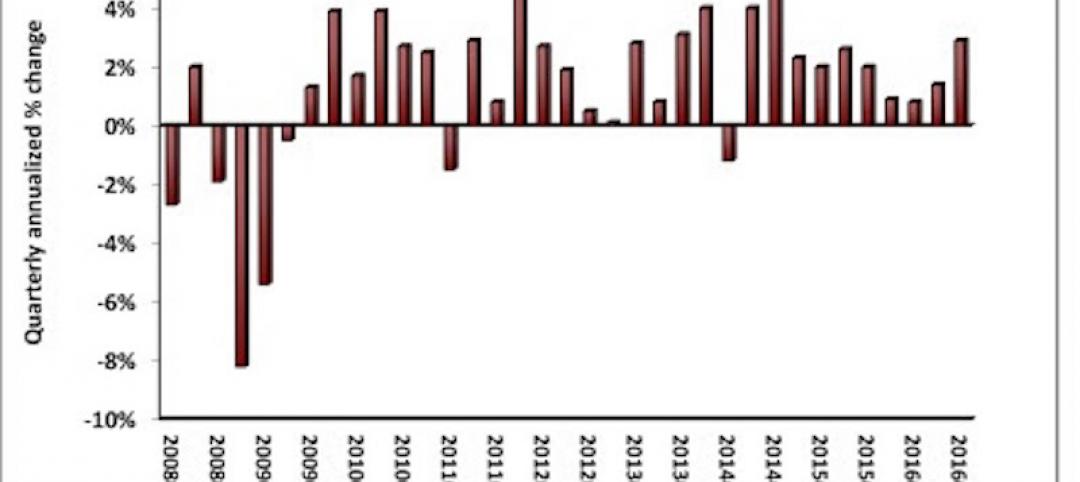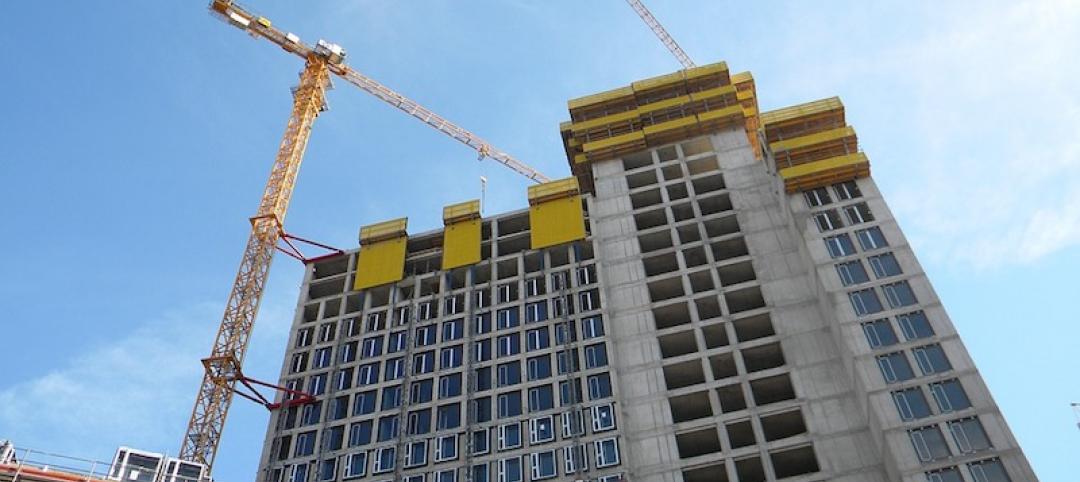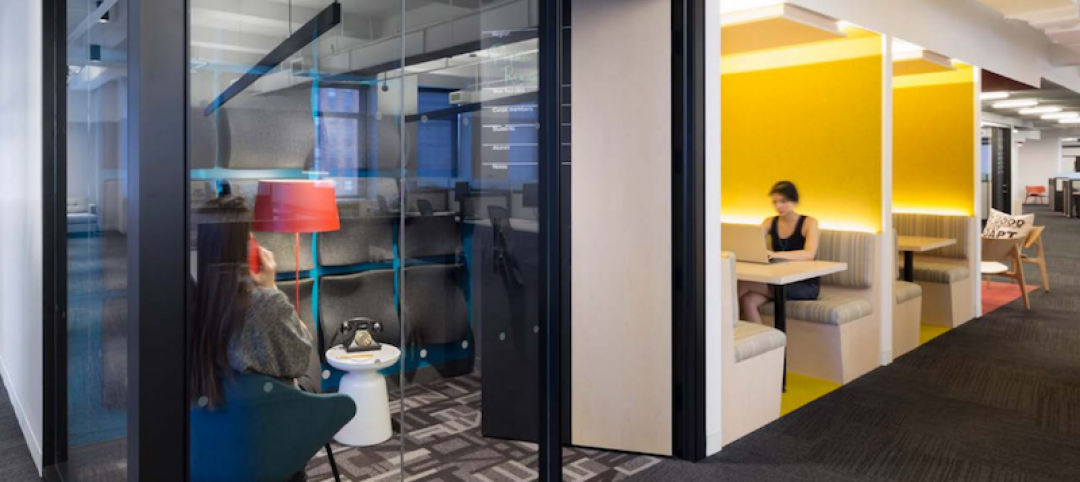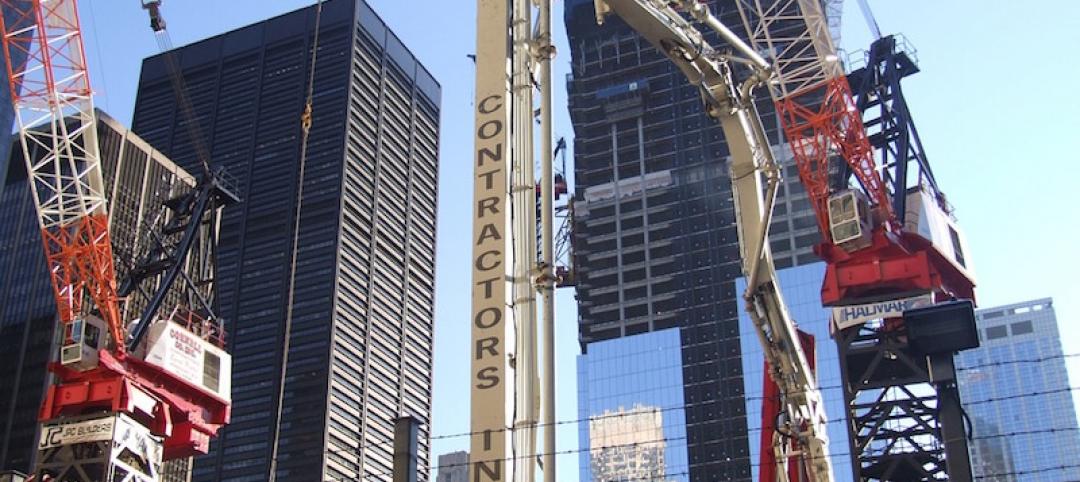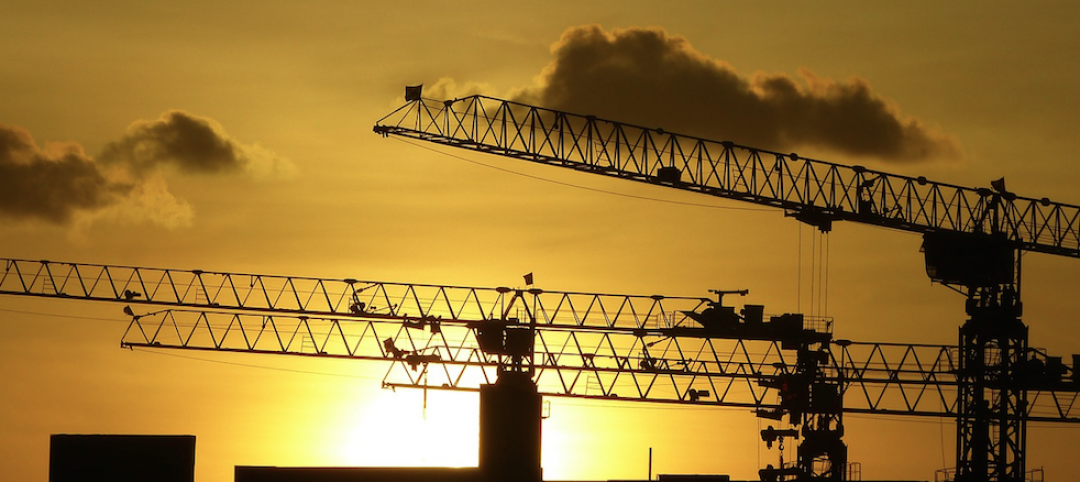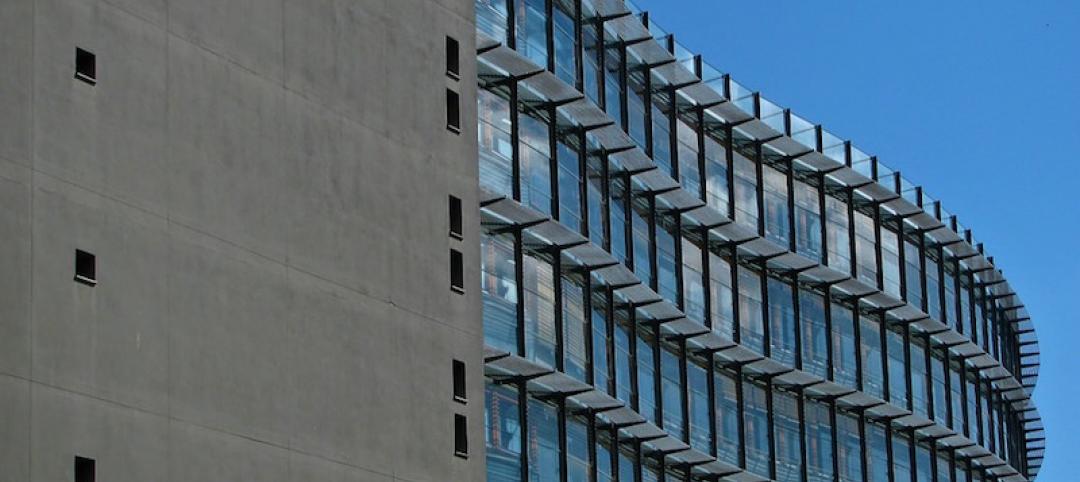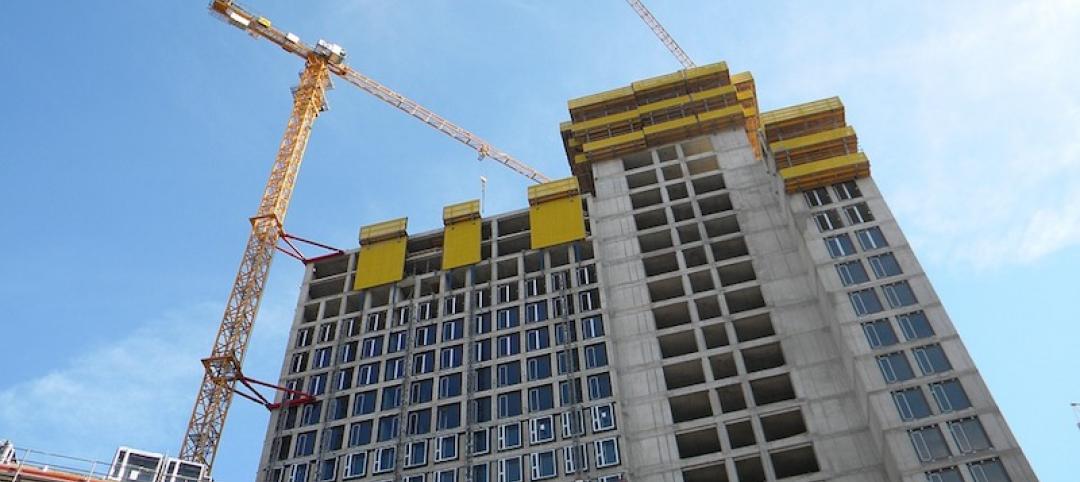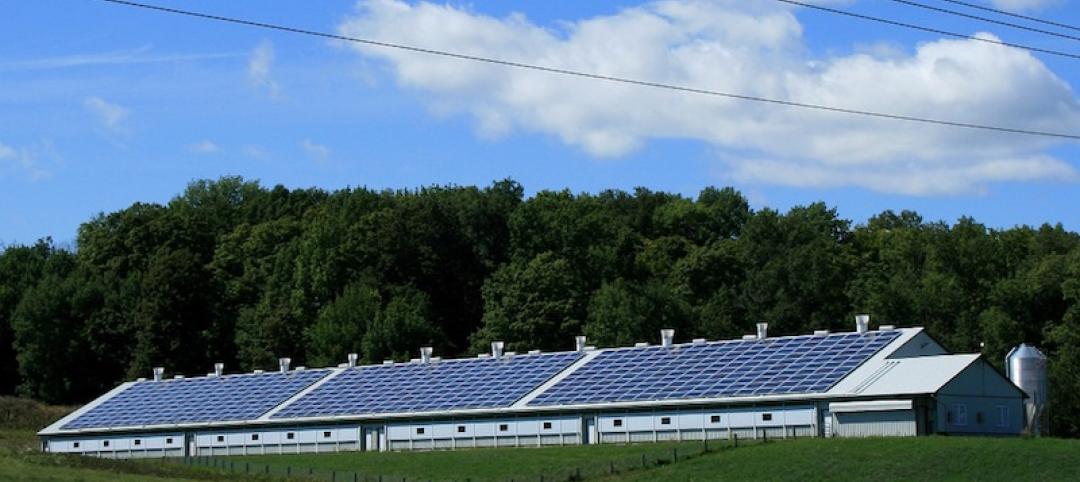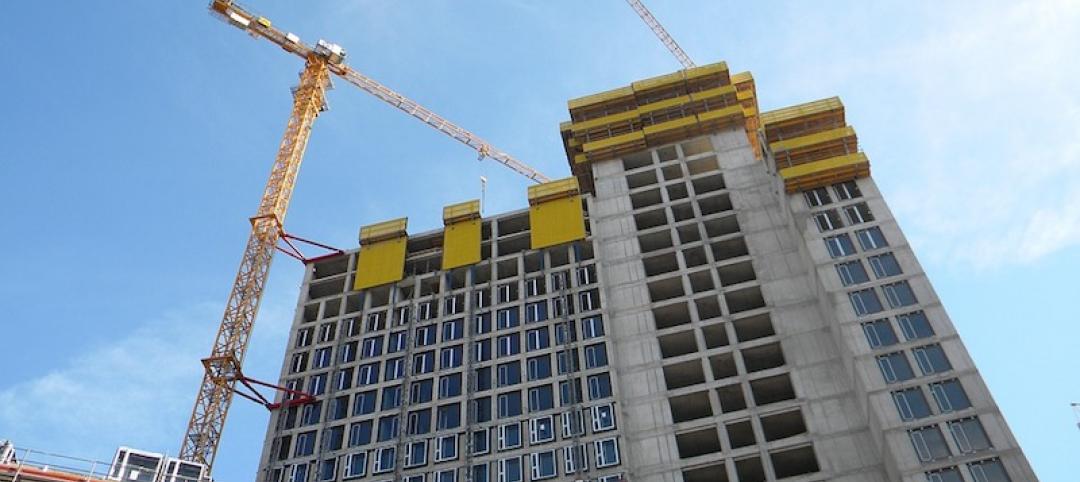In a recent White Paper prepared by GlobalData for INTERMAT ASEAN 2018 and Concrete Asia 2018, the region’s trade shows for construction, infrastructure, and concrete sectors, it was revealed that construction output in the member states of the Association of South-East Asian Nations (ASEAN) would expand by over 6% yearly on average during 2018–2022.
Danny Richards, GlobalData’s Lead Economist for Construction Industry says:
“The South-East Asia region continues to develop at a rapid pace, with economic growth projected to reach an annual average rate of 5.1% during 2018–2022, the fastest among all global regions, and an acceleration from the healthy rate of 4.8% recorded in the past five years. Much of this growth is being driven by investment in new infrastructure, while increasing domestic demand is driving the expansion in construction of buildings across the residential and non-residential sectors.
See Also: July architecture firm billings remain positive despite growth slowing
“Although there are disparities in the pace of growth in construction output among the ASEAN member states, the region’s construction industry as a whole will grow by 6.1% on an annual average basis in the next five years. This is marginally behind the projected growth of 6.5% in the thriving emerging markets in the Middle East and Africa, but the ASEAN region presents investors and developers with a lower level of risk of projects being put on hold or cancelled, according to GlobalData’s Construction Risk Index.
“Reforms to encourage Public Private Partnerships (PPPs) are almost universal across the ASEAN region. The Philippines, Myanmar, Laos and Vietnam have undergone reforms to create more accessible markets for private sector investment in construction through PPPs. Indonesia has undergone similar reforms, expanding the construction sectors eligible for PPPs and increasing incentives to invest. Land ownership is another area that is under reform. Once a notoriously difficult process, acquiring land in Indonesia is now much fairer and more transparent. Vietnam has also implemented an initiative in which foreign investors are allowed to acquire land and hold a majority stake in a commercial or residential project.
“According to GlobalData, the combined value of mega-projects (with a minimum value of US$25m) across ASEAN stands at US$2.9 trillion. This includes all projects from the announcement stage to execution. An analysis of the pipeline by stage reveals that the region provides huge opportunities with respect to a large volume of early stage projects. Just under US$1.5 trillion of projects are currently in the planning and pre-planning stages, suggesting significant construction spend is to occur for some time.”
Related Stories
Market Data | Oct 31, 2016
Nonresidential fixed investment expands again during solid third quarter
The acceleration in real GDP growth was driven by a combination of factors, including an upturn in exports, a smaller decrease in state and local government spending and an upturn in federal government spending, says ABC Chief Economist Anirban Basu.
Market Data | Oct 28, 2016
U.S. construction solid and stable in Q3 of 2016; Presidential election seen as influence on industry for 2017
Rider Levett Bucknall’s Third Quarter 2016 USA Construction Cost Report puts the complete spectrum of construction sectors and markets in perspective as it assesses the current state of the industry.
Industry Research | Oct 25, 2016
New HOK/CoreNet Global report explores impact of coworking on corporate real rstate
“Although coworking space makes up less than one percent of the world’s office space, it represents an important workforce trend and highlights the strong desire of today’s employees to have workplace choices, community and flexibility,” says Kay Sargent, Director of WorkPlace at HOK.
Market Data | Oct 24, 2016
New construction starts in 2017 to increase 5% to $713 billion
Dodge Outlook Report predicts moderate growth for most project types – single family housing, commercial and institutional building, and public works, while multifamily housing levels off and electric utilities/gas plants decline.
High-rise Construction | Oct 21, 2016
The world’s 100 tallest buildings: Which architects have designed the most?
Two firms stand well above the others when it comes to the number of tall buildings they have designed.
Market Data | Oct 19, 2016
Architecture Billings Index slips consecutive months for first time since 2012
“This recent backslide should act as a warning signal,” said AIA Chief Economist, Kermit Baker.
Market Data | Oct 11, 2016
Building design revenue topped $28 billion in 2015
Growing profitability at architecture firms has led to reinvestment and expansion
Market Data | Oct 4, 2016
Nonresidential spending slips in August
Public sector spending is declining faster than the private sector.
Industry Research | Oct 3, 2016
Structure Tone survey shows cost is still a major barrier to building green
Climate change, resilience and wellness are also growing concerns.
Industry Research | Sep 27, 2016
Sterling Risk Sentiment Index indicates risk exposure perception remains stable in construction industry
Nearly half (45%) of those polled say election year uncertainty has a negative effect on risk perception in the construction market.



